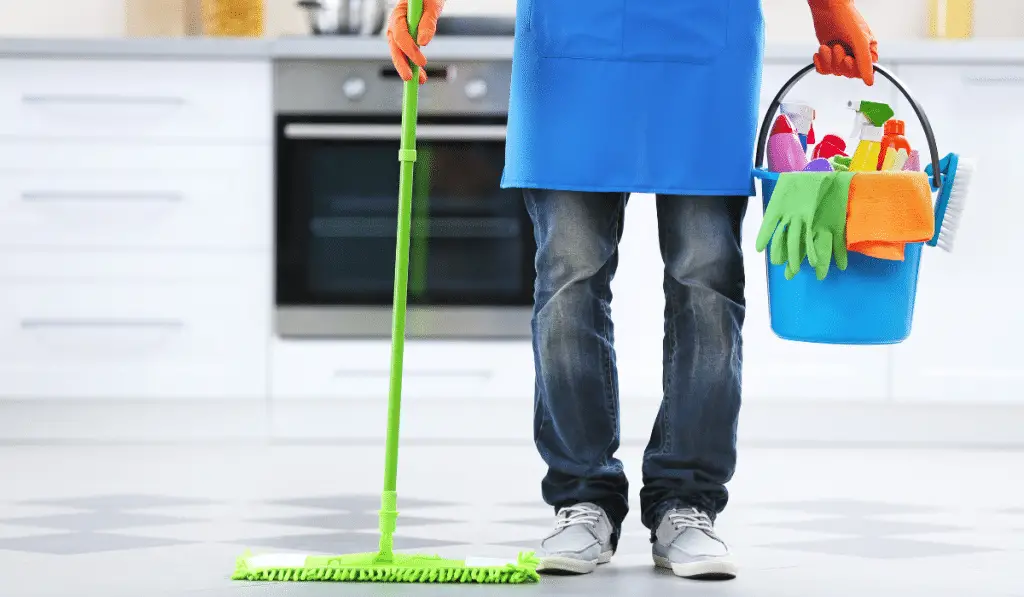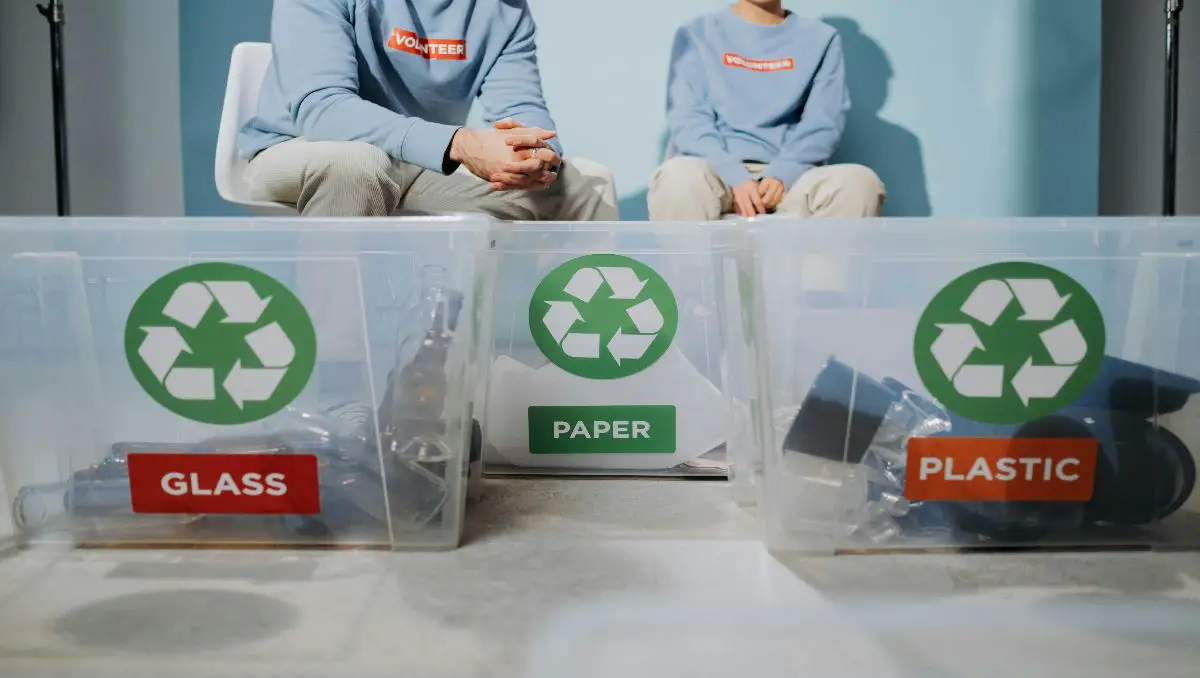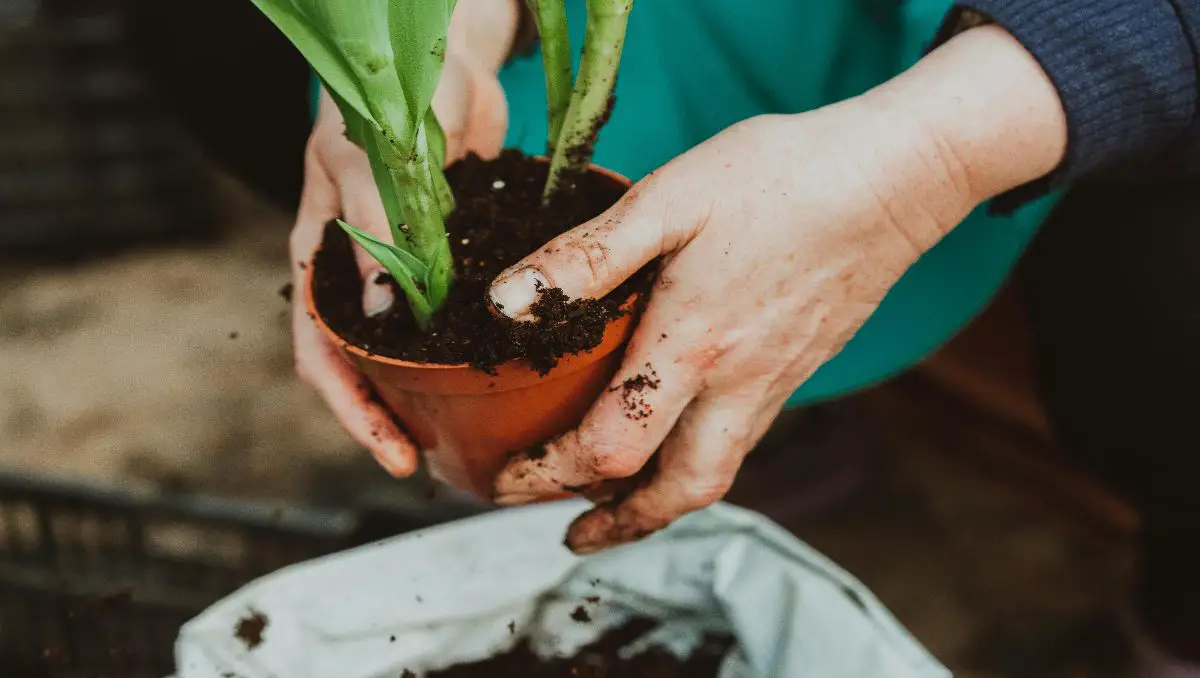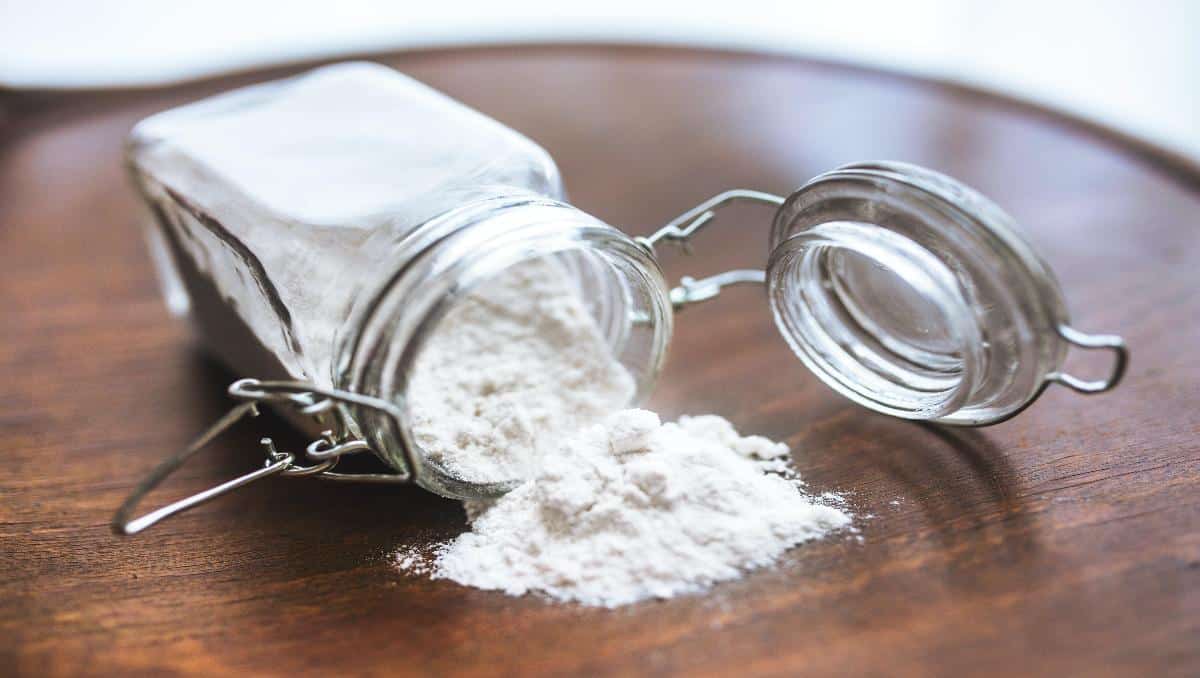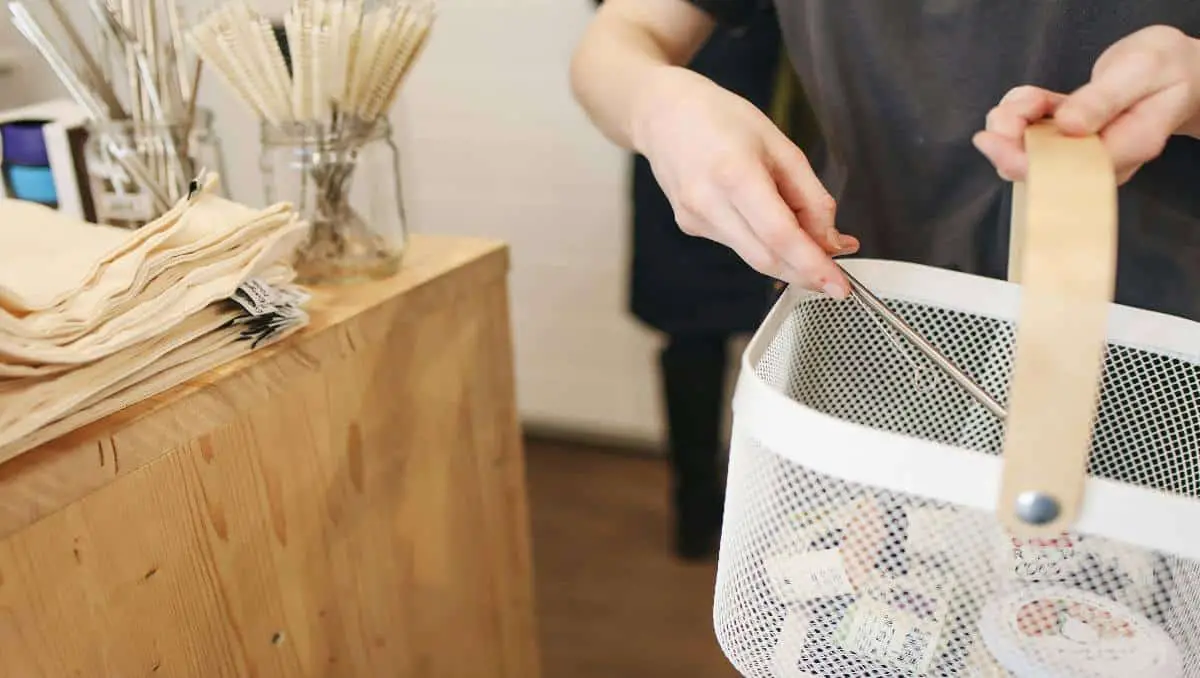Getting rid of that musty smell in your home can be frustrating, especially when you’ve spent hours keeping it clean. Apart from the need to do more than just regular cleaning, it also points to more serious problems – mold and mildew.
The best way to get rid of that musty smell at home once and for all is to make sure that the humidity level and airflow in your home are excellent.
As a homeowner, the tips below can help you achieve that.
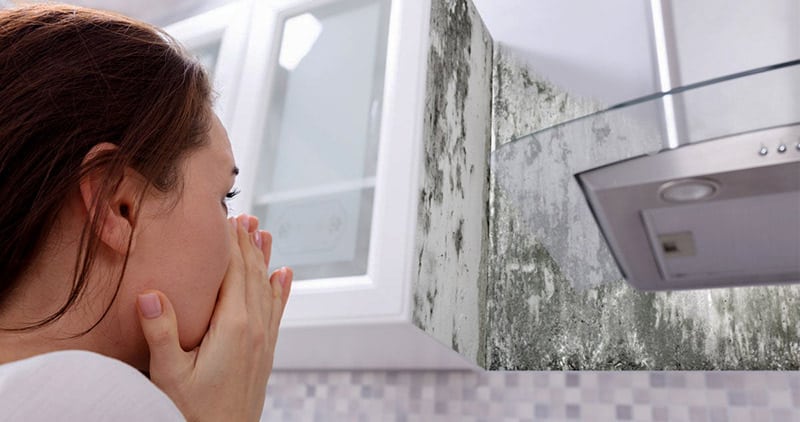
1. Fix any water leaks or moisture issues.
You may clean as much as you want, but if you don’t solve any water leaks or other moisture issues, you will end up exactly where you started.
According to the CDC:
“When mold spores drop on places where there is excessive moisture, such as where leakage may have occurred in roofs, pipes, walls, plant pots, or where there has been flooding, they will grow.”
Once you have determined what is causing your house to smell musty, evaluate if it needs repair that you can do on your own or whether it makes more sense to pay a mold remediation specialist to complete the task.
Remember that most contracts provide that the landlord is responsible for making repairs if you are renting.
2. Vacuum, mop, sweep, and repeat.
We all understand that we should do this often (like, weekly). However, if you smell a musty odor, it is (far past) time to go through the hassle. Don’t just vacuum the carpet; go all around.
Rugs, drapes, and even upholstered furniture are all relevant. Make sure you regularly clean and replace your vacuum filter. After vacuuming, mop any completed floors to avoid dragging out buckets of water and cleaning solution.
Spot treat your carpets with baking soda. It has excellent odor absorption, making it the ideal deodorizer for troubled places.
In fact, there’s this study that can support that claim.
In the said investigation, researchers tried testing baking soda’s potential to control odor from food waste stored for seven days. At the end of the study, they found out that about 50g of baking soda was able to reduce the odor of food wastes bin by around 70%.
Now, to help eliminate scents ingrained in your carpet, sprinkle it on and let it stay for an hour before cleaning it away.
3. Let some fresh air in.

You need to ventilate your house as much as possible. Open windows, turn on ceiling fans or do both to achieve this. The more air movement you can create in your house, the better. With ventilation, your home will smell less musty and become less appealing to mold and mildew.
Keep your house aired since fresh air can help prevent mold growth. Mold grows more quickly in stale air because of the increased humidity levels.
Increasing airflow can assist in reducing condensation and enhancing the quality of the air in your house.
The United States Environmental Protection Agency or EPA shares:
“If there’s some mold in the shower or elsewhere in the bathroom that seems to reappear, increasing ventilation (running a fan or opening a window) and cleaning more frequently will usually prevent mold from recurring, or at least keep the mold to a minimum.”
4. Utilize odor absorbers.
Use a natural deodorizer, such as baking soda or activated charcoal to remove musty smells and the remainder of the mold spores. You should change these items around every two weeks since they absorb the odor.
5. Use a dehumidifier.
Maintaining the optimum humidity levels in your house (between 40 and 50 percent) can help to keep mold, mildew, and, of course, that musty smell at bay.
Invest in an air purifier, which may aid in eradicating fungus and bacteria. They are notorious for causing odors in the air.
Utilize HEPA-filter air purifiers to eliminate over 99 percent of airborne contaminants, such as mold spores and minute dust particles. Some air purifiers include specific filters that help eliminate smells.
6. Keep everything dry.
According to the University of New Hampshire:
“The mold spores land on a surface and if the correct amount of moisture is present the spores will start to grow. They grow by consuming the organic material they are in contact with.”
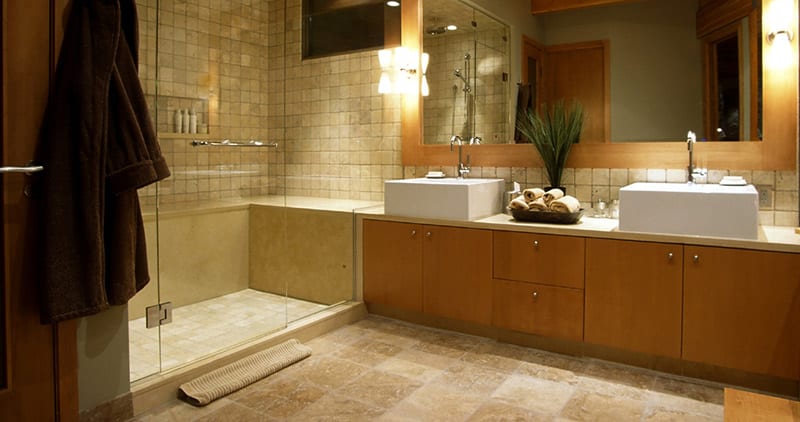
With that in mind, try to keep your kitchen and bathroom as dry as you can. After cooking or taking a shower, wipe off hard surfaces. This can help prevent mold growth and mildew.
Also, don’t forget to wipe off window condensation and keep the door of your washing machine open while not in use.
7. Replace air filters regularly.
Regularly replace your HVAC filters since mold may grow within them very readily. Doing this can help guarantee that the quality of indoor air in your house remains excellent. Remember, stagnant air can smell bad.
8. Thoroughly clean moldy or mildewed areas.
You would need to thoroughly clean any areas with mold or mildew.
But, here’s the thing:
Although you may use chlorine bleach to kill and eliminate mildew, it is often unnecessary. If you decide to use bleach, ensure you have sufficient outside ventilation and put on safety gear, such as rubber gloves and a face mask.
To cure mildew more naturally, you can:
- Spray distilled white vinegar.
- Let stand for several hours.
- Dip an abrasive sponge in baking soda after soaking it in hot water.
- Clean the surface of the mildew.
To be safe, you should still open a window and run ventilation fans.
Cleaning mold
Cleaning mold may be more involved than treating mildew, but this will mostly rely on how much mold there is, what kind of mold it is, and how much space it takes up. The EPA advises engaging a mold remediation expert if:
- over 10 square feet of that space are mold
- if mold is present in your HVAC system
- whether the ceiling, flooring, or walls are affected by the mold development
- whether increased exposure to mold might make your existing health problems worse
For the most part, you ought to be able to remove the mold independently. To prevent exposure to mold spores while deep cleaning, it is crucial that your area is well-ventilated, that you wear a respirator or face mask, and that you cover your arms, legs, and hands.
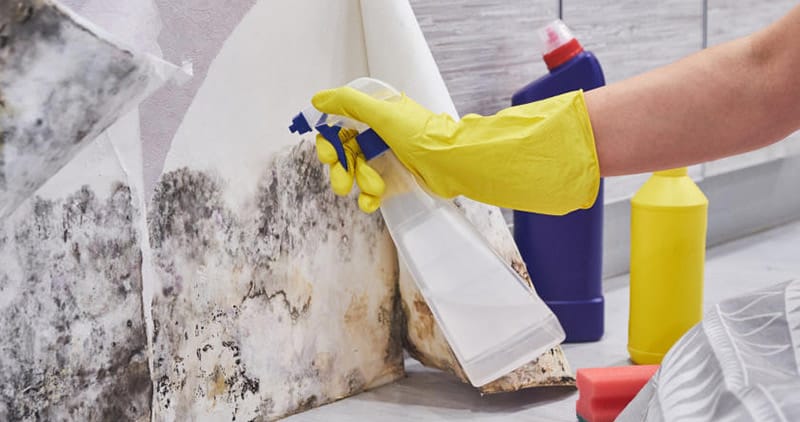
To remove mold/mildew on your own, the CDC advises following these steps:
- Put on personal protective gear.
- Throw anything that you cannot clean within 48 hours.
- Ensure enough ventilation.
- To get rid of humidity, use a window fan and dehumidifiers.
- Avoid mixing cleaning agents (when mixed, some cleaning products can create toxic vapors).
- Scrub all moldy surfaces.
- Before you paint or caulk, take care of the leak or moisture issue and remove the mold.
- Dry everything as soon as you can.
The CDC also suggests using a “solution of no more than 1 cup of home laundry bleach to 1 gallon of water” for more extensive areas. You may wish to contact a mold expert if the task seems overwhelming.
9. Maintain a clean house.
You can avoid the musty smell in your home by doing routine home maintenance. Simple tasks like inspecting the HVAC system, plumbing, and roof can do wonders to improve the smell of your home.
Wrapping It Up
Getting rid of that musty smell in your home can be tricky, but it’s possible. If you’ve fixed water leaks, allowed fresh air in, and kept everything dry and the problem is still there, it’s a good idea to call for professional help.
Don’t let the issue go unsolved for too long. Remember, a musty smell can signal the presence of mold and mildew which are bad for your health.

